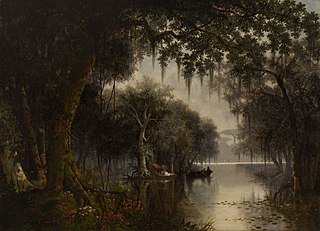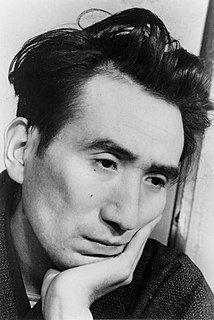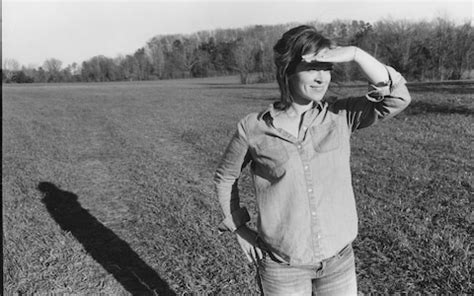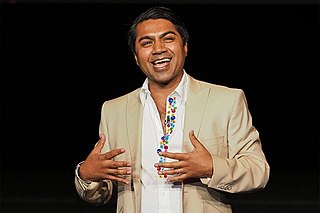A Quote by Joseph Rusling Meeker
All of the elements of the comic way tend to spread to others, insinuating joy where it was previously absent. Conversation has a way of leaping among persons, as it does at parties and celebratory gatherings. Storytelling always begets storytelling. It is difficult to watch others at play without wanting to join them. This is not only a human phenomenon, for researchers have consistently noted that animals at play are often imitated by other animals. So wherever it is possible to initiate a playful activity, it will have a good chance of replicating itself through other parts of the system.
Quote Topics
Absent
Activity
Always
Among
Animals
Begets
Chance
Comic
Consistently
Conversation
Difficult
Does
Elements
Good
Good Chance
Human
Initiate
Itself
Join
Joy
Noted
Often
Only
Other
Others
Parties
Parts
Persons
Phenomenon
Play
Playful
Possible
Researchers
Spread
Storytelling
System
Tend
Them
Through
Wanting
Watch
Way
Wherever
Will
Without
Related Quotes
Humans — who enslave, castrate, experiment on, and fillet other animals — have had an understandable penchant for pretending animals do not feel pain. A sharp distinction between humans and 'animals' is essential if we are to bend them to our will, make them work for us, wear them, eat them — without any disquieting tinges of guilt or regret. It is unseemly of us, who often behave so unfeelingly toward other animals, to contend that only humans can suffer. The behavior of other animals renders such pretensions specious. They are just too much like us.
Mother, recently I have discovered the one way in which human beings differ completely from other animals. Man has, I know, language, knowledge, principles, and social order, but don't all the other animals have them too, granted the difference of degree? Perhaps the animals even have religions. Man boasts of being the lord of all creation, but it would seem as if essentially he does not differ in the least from other animals. But, Mother, there was one way I thought of. Perhaps you won't understand. It's a faculty absolutely unique to man - having secrets. Can you see what I mean?
And there were other rocks that were like animals, creeping, horrible animals, putting out their tongues, and others were like words I could not say, and others like dead people lying on the grass. I went on among them, though they frightened me, and my heart was full of wicked song they put into it; and I wanted to make faces and twist myself about the way they did, and I went on and on a long way till at last I liked the rocks and they didn’t frighten me any more
On love, not harming others, and respecting all beings. Even animals have these elements in their behavioral patterns. We should start by observing how animals act. They are honest and appreciate it when we are honest with them. If you present something nice to an animal in one hand while hiding a rope in the other, the creature will know your intention. Yet animals have no religion, no constitution. Basic nature has endowed them with the faculty of discernment. It is the same for humans.
Not only are animals unable to avail themselves of language to assert their own rights, but many fewer humans have a clear sense of kinship with animals than have a clear sense of kinship with other humans. Among beings with subjective states of awareness, animals are the untouchable caste, those whom human others would rather not acknowledge, let alone render assistance.
The best memoirs - like This Boy's Life, or Crazy Brave [by Joy Harjo], for instance - bring you through a private river of storytelling that joins a major ocean of human struggle and joy. The act of enunciation - the forms and strategies of storytelling - are every bit as literarily serious as they are in poetry or other prose forms.
My own experience of over 60 years in biomedical research amply demonstrated that without the use of animals and of human beings, it would have been impossible to acquire the important knowledge needed to prevent much suffering and premature death not only among humans but also among [other] animals.
Typically, defenders of experiments on animals do not deny that animals suffer. They cannot deny the animals' suffering, because they need to stress the similarities between humans and other animals in order to claim that their experiments may have some relevance for human purposes. The experimenter who forces rats to choose between starvation and electric shock to see if they develop ulcers (which they do) does so because the rat has a nervous system very similar to a human being's, and presumably feels an electric shock in a similar way.
Some kinds of animals burrow in the ground; others do not. Some animals are nocturnal, as the owl and the bat; others use the hours of daylight. There are tame animals and wild animals. Man and the mule are always tame; the leopard and the wolf are invariably wild, and others, as the elephant, are easily tamed.
It must be stressed that there is nothing insulting about looking at people as animals. We are animals, after all. Homo sapiens is a species of primate, a biological phenomenon dominated by biological rules, like any other species. Human nature is no more than one particular kind of animal nature. Agreed, the human species is an extraordinary animal; but all other species are also extraordinary animals, each in their own way, and the scientific man-watcher can bring many fresh insights to the study of human affairs if he can retain this basic attitude of evolutionary humility.
The saying goes that history repeats itself; personal histories do the same. We can gather the lessons of others' lives through observation, conversation, and by seeking advice. We can use the automatic system to find out who the happy people are, and the reflective system to evaluate how they got to be that way. Pursuing happiness need not be a lonely endeavor. In fact, throwing in our lot with others may be a very good way of coping with the disappointments of choice.
I think the primary gift of the animal is offered to writer and non-writer alike; they teach us about love, or attunement, which is love in action. A lot of people have closer relationships with animals than they do with other humans, because real intimacy requires both parties to consistently lean in, and animals are so good at this. They remain consistently, amazingly attuned to us, even when we fail them, and so we stay present, because we sense we're safe.

































